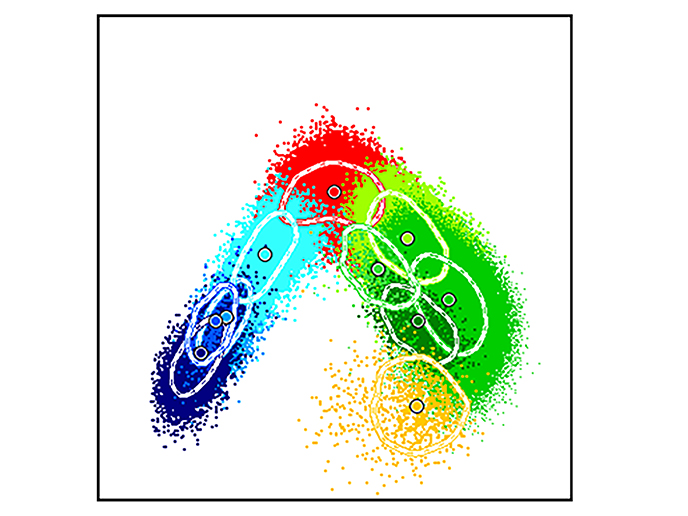Understanding the vital role of alpha-catenin in embryo development
Alpha-catenin is responsible for cell–cell adhesion, which is key to healthy embryonic development. It also plays a vital role in healthy adult organisms. An EU-funded project, 'Alpha-catenin regulatory properties and functions during zebrafish development' (ALPHA-CATENIN ROLES), investigated cell–cell dynamics by focusing on the role of alpha-catenin in zebrafish embryos. The team found that unlike other organisms, zebrafish embryos survived even if alpha-catenin did not function correctly. This means that in vivo studies of alpha-catenin impairment were possible for the first time. As such, the ALPHA-CATENIN ROLES team found that a depletion of alpha-catenin disrupted vital cell rearrangement activities in the growing embryo. They also determined that the cells were deformed and misshapen because the membranes were not fully connected to the cellular skeleton. Alpha-catenin clearly plays a vital role in development and maintenance of correct cell–cell interactions and the correct overall shape of a cell. This project has thus taken important steps towards revealing and further understanding the functions of this protein.







